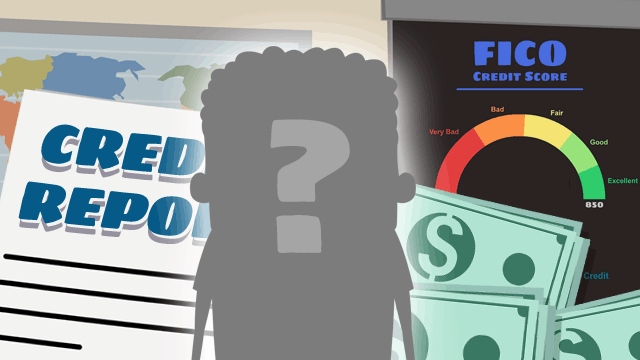Identity Theft
Related Terms: Credit Monitoring, Identity Fraud
Identity theft is serious crime where your personal information—such as your full name, social security number, date of birth—is stolen in order to commit fraudulent activities. This sensitive data can be used to apply for credit, get medical benefits, or file taxes while assuming your identity.

Most people do not find out that their identity has been stolen until they experience the monetary consequences of it. It is most common for victims to realize what has happened when they are faced with declined credit cards, notices from credit collections agencies, and mystery bills. This unfortunate reality can also come to light for potential homebuyers when they apply for a mortgage.
One of the main concerns victims of identity theft have to contend with is the severe hit to their credit scores. This can slow down, if not halt, the entire process of financing or refinancing a home. In order to move forward with the mortgage process, you, as a borrower, must file an affidavit of identity theft with the Federal Trade Commission (FTC), and present the police report to your lender. The loan underwriter might overlook the low credit scores, but it will not be disregarded. Which means that even though you may be granted a home loan, your interest rates can be very high.
As a borrower suffering from identity theft, you may choose to postpone your purchase or refinance until you get a “clean credit report.” Getting to that point is a long and frustrating process, but continuing to make punctual payments on legitimate debts in the meantime will benefit your score in the long run.
One of the main concerns victims of identity theft have to contend with is the severe hit to their credit scores. This can slow down, if not halt, the entire process of financing or refinancing a home. In order to move forward with the mortgage process, you, as a borrower, must file an affidavit of identity theft with the Federal Trade Commission (FTC), and present the police report to your lender. The loan underwriter might overlook the low credit scores, but it will not be disregarded. Which means that even though you may be granted a home loan, your interest rates can be very high.
As a borrower suffering from identity theft, you may choose to postpone your purchase or refinance until you get a “clean credit report.” Getting to that point is a long and frustrating process, but continuing to make punctual payments on legitimate debts in the meantime will benefit your score in the long run.

Do you know what's on your credit report?
Learn what your score means.





